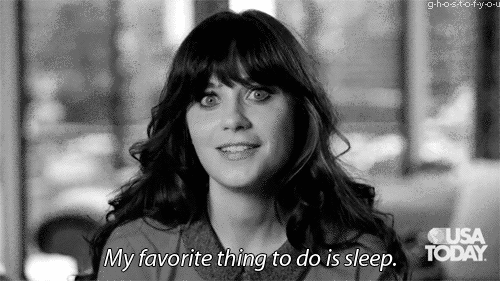
Sleep. Some of us can’t get enough of it, while others are in a love-hate relationship.
Do you fall asleep within 10 minutes and sleep right through until morning, bounding out of bed feeling refreshed? If the answer to any part of that question is “no”, then the problem is often something simple in your daily routine – which can be changed with relative ease.
In recent years there has been a huge amount of research into why people can’t sleep, helped by the arrival of devices that enable researchers to monitor how people are sleeping. From watching TV in the bedroom to choosing the wrong mattress, here’s some scientific reasons you might be struggling to sleep at night.
Coffee in the afternoon
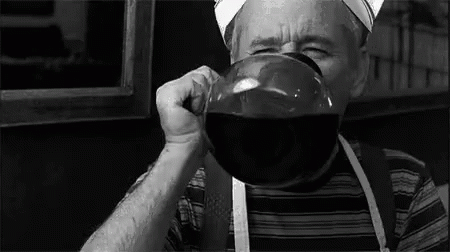
Most of us know not to chug an espresso right before bed, but drinks containing caffeine can disrupt sleep for up to six hours, studies have suggested.
A 2013 study by the Wayne State College of Medicine in Detroit found that people who consumed caffeine six hours before bedtime took twice as long to get to sleep.
Instead, why not have a herbal tea or a milky drink in the evening?
Choosing the wrong mattress

Choosing the wrong mattress (or simply using the same mattress for too long) can have a terrible effect on your night’s sleep, with lumps, bumps, bounces and unevenly distributed pressure.
Britain’s Sleep Council advises you to find a mattress that has the correct support and comfort for your weight and build. If someone else is going to be sharing the bed, spend extra time finding a bed that’s mutually comfortable.
Having a large meal late at night

Eating a large meal late at night can disrupt sleep for several reasons, including by giving you heartburn in the middle of the night. The NHS advises against eating late at night, warning that it can disrupt sleep.
A study by Harvard and University of Murcia researchers suggested that eating late at night can also lead to weight gain.
Too much blue light

Before artificial light existed, people got most of their light from the sun, and evenings were naturally a darker time of day.
Now, the blue light emitted by the screens on smartphones and PCs disrupts our body clocks, a Harvard study found in 2014, making it difficult to sleep.
Being dehydrated
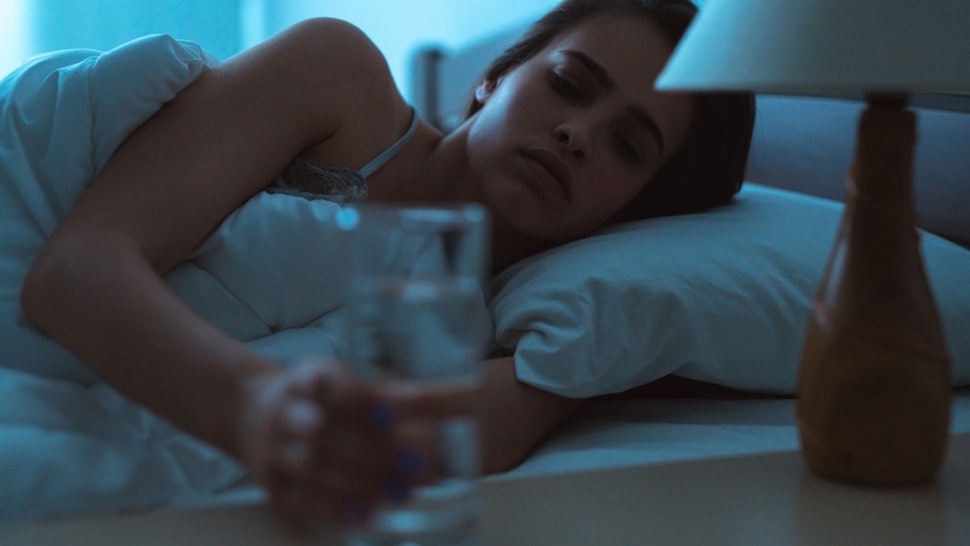
Ensuring you are properly hydrated can help you sleep better, says the US Sleep Foundation, which advises that “dehydration causes your mouth and nasal passages to become dry, setting you up for sleep-disruptive snoring” – best drink up, then.
Working from home

Working from home can seem like a dream come true for many employees, but it puts people at higher risk of insomnia. This is due to the fact that some remote workers work longer hours, and blend together their work and personal life, leading to higher levels of stress.
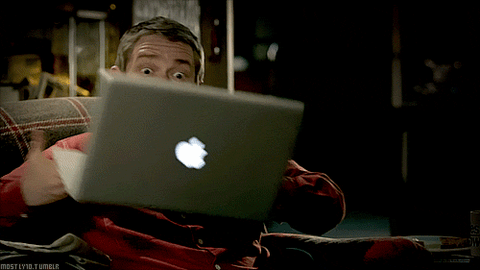
A report by the United Nations’ International Labour Organization analysed data from 15 countries and found that people who worked from home full time slept worse. The researchers found that 42% of remote workers wake repeatedly during the night, compared to 29% of people who work in offices.
Using the bedroom for entertainment
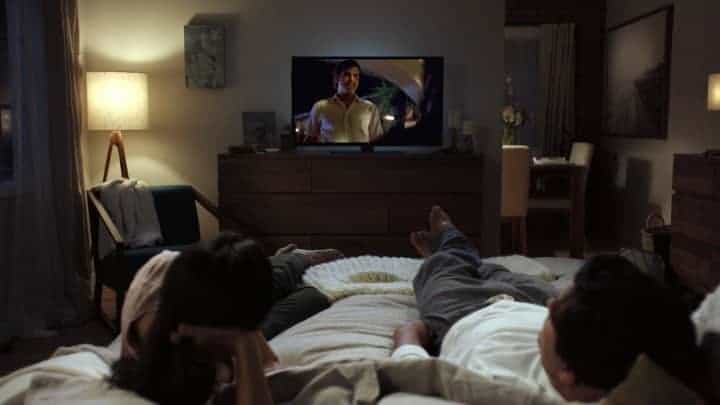
Research from the University of Bergen found that people who played games or watched films in the bedroom slept badly. One of the study’s authors, Prof Ståle Pallesen said: “Computer games or television shows can generate excitement and make sleep more difficult. The bedroom should be for sex and sleep.”
Drinking alcohol before bed

Alcohol can help people drop off to sleep more quickly, but drinkers don’t get a restful night’s sleep.

Alcohol charity DrinkAware says that drinking prevents people getting enough restful REM sleep, and can lead to drinkers waking repeatedly to go to the toilet.
Checking social media accounts a lot during the day

Whether it’s Facebook or Instagram, constantly checking your social media accounts makes you three times more likely to have disturbed sleep, a 2015 University of Pittsburgh study found.
The study asked volunteers aged 19 to 32 about their social media and sleep habits. The researchers found that people who checked social media regularly throughout the day were most at risk.
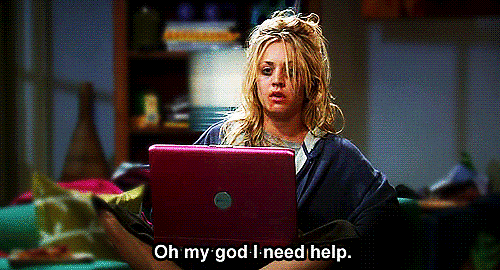
The researchers say that some people get into a cycle of checking social media when they can’t sleep, making it even less likely that they will drop off.